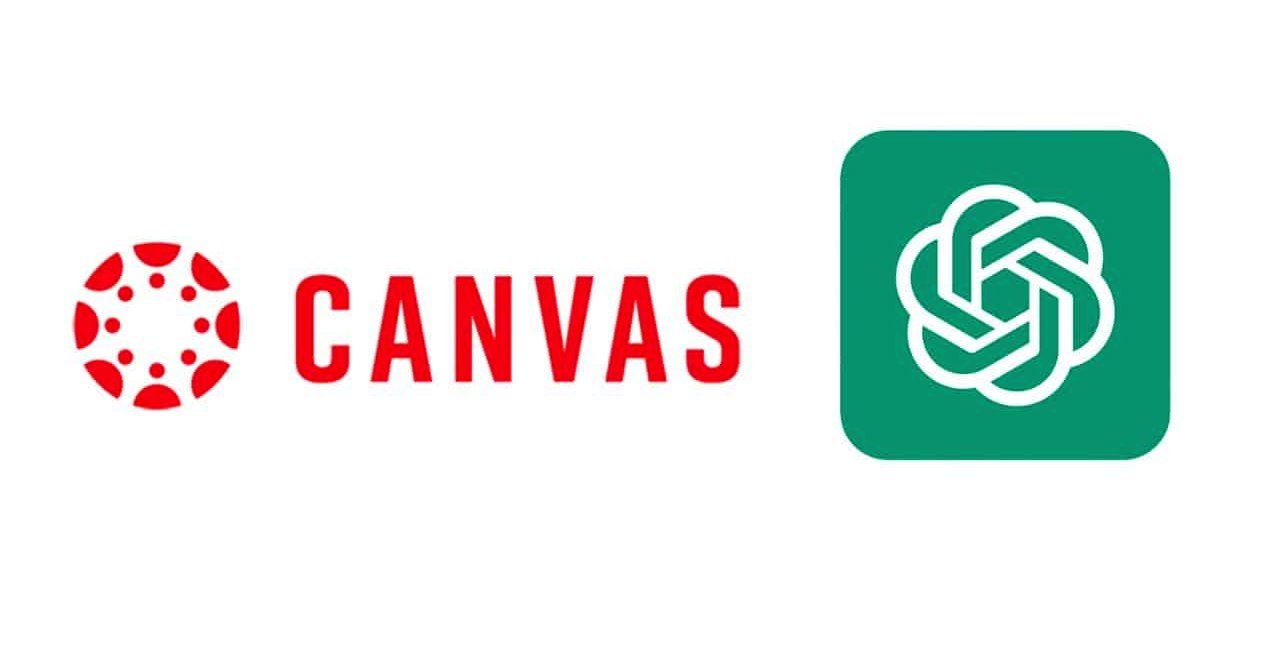As the use of AI-powered language models like ChatGPT becomes more prevalent, many users are curious about the capabilities and limitations of these models. One common question that arises is whether platforms like Canvas can detect when a user is utilizing ChatGPT to generate responses in a chat session.
In this article, we will explore this topic in detail, examining how Canvas and similar platforms handle the detection of AI-generated content and what implications this may have for users. By understanding how these platforms operate, users can make informed decisions about their use of AI language models and maintain transparency in their interactions.
What is Canvas?
Canvas is an online learning management system that allows educators to create and manage courses, as well as facilitate communication and collaboration between teachers and students. One of its key features is the plagiarism detection tool, which helps instructors identify instances of plagiarism in student submissions. Canvas employs various algorithms and techniques to compare students’ work against a vast database of academic content and internet sources.
The Role of Text Matching Algorithms

Canvas primarily relies on text-matching algorithms to flag potential instances of plagiarism. These algorithms analyze the text submitted by students and compare it to a database of previously submitted work, academic papers, and online sources. Any significant matches or similarities are highlighted for further review.
Limitations of Text Matching
While text-matching algorithms are effective in identifying verbatim plagiarism and similarities in conventional essays, they may struggle when it comes to detecting AI-generated content like ChatGPT. AI-generated text is often highly unique and doesn’t directly replicate existing sources. This poses a challenge for plagiarism detection systems.
Does Canvas Detect Chat GPT? Answer
When it comes to detecting the use of AI-generated content like ChatGPT, Canvas may not have specific mechanisms in place to identify it. This is because AI language models like ChatGPT generate text that is designed to mimic human-like responses, making it difficult for automated systems to differentiate between AI-generated and human-generated content.
However, it’s important to note that Canvas may still be able to detect instances of plagiarism if a student submits content generated by ChatGPT without proper citation or attribution. Plagiarism detection algorithms can compare the submitted text against a vast database of academic content and internet sources, potentially flagging any copied or unoriginal content, regardless of its source.
Challenges for Canvas

Canvas faces several challenges when trying to detect ChatGPT-generated content:
- Lack of Pre-existing Sources: ChatGPT generates content based on its training data, but it doesn’t reference specific sources. This means there are no direct matches to detect.
- Contextual Understanding: Canvas may struggle to grasp the context and nuances of AI-generated content, leading to false positives or negatives.
- Evolving AI: AI models like ChatGPT constantly evolve, making it challenging for Canvas to keep up with detecting newer iterations.
- Human-Like Output: ChatGPT produces text that is remarkably similar to human writing, further complicating the detection process.
Canvas vs. Custom AI Detection
While Canvas may face challenges in detecting ChatGPT-generated content, some educational institutions are exploring custom AI-powered plagiarism detection tools. These tools are specifically designed to identify AI-generated content, offering a more tailored solution for addressing this issue.
FAQs
Canvas may struggle with detecting paraphrased AI-generated content due to its unique nature. Custom AI detection tools may be more effective in such cases.
Institutions can consider implementing custom AI detection tools, updating their plagiarism policies, and educating students about the ethical use of AI.
Canvas itself does not have the capability to detect if you copy and paste responses from Chat GPT or any other source. However, instructors may use plagiarism detection software or other methods to identify copied content. It is important to understand and follow the academic integrity policies of your institution or course.
Conclusion
In the ever-evolving landscape of plagiarism detection, Canvas faces significant challenges when it comes to identifying ChatGPT-generated content. The lack of pre-existing sources and the human-like nature of AI-generated text make it a formidable task. Educational institutions may need to explore custom solutions to effectively address this issue and maintain academic integrity.
Read Also: How to Bypass Chat GPT Filter?
